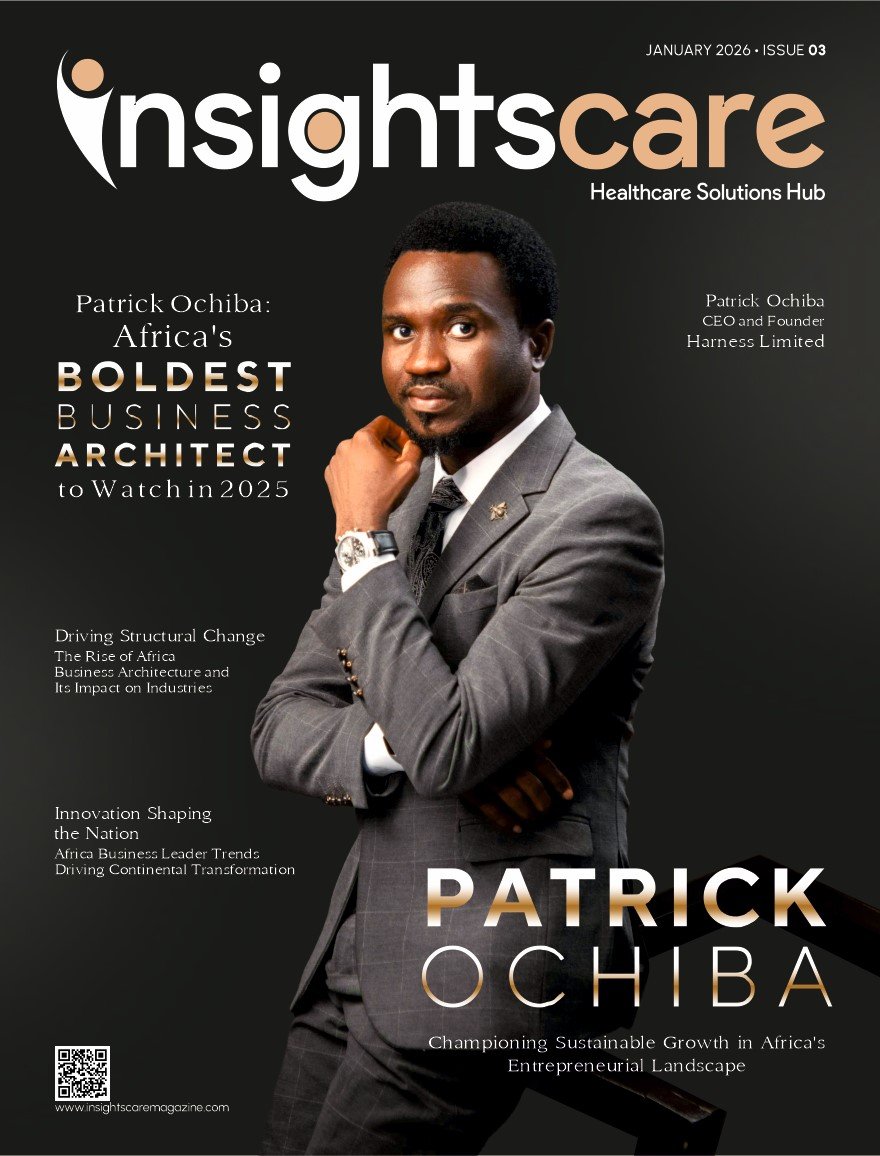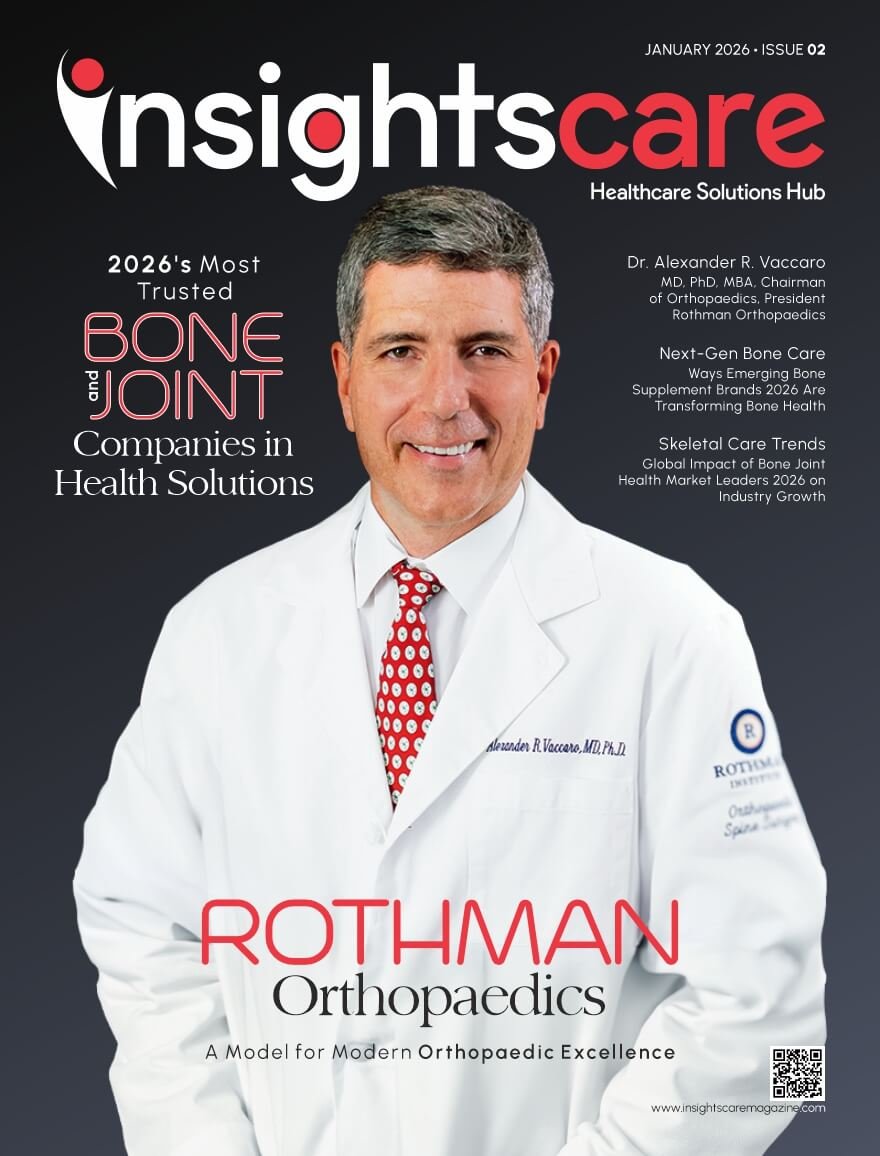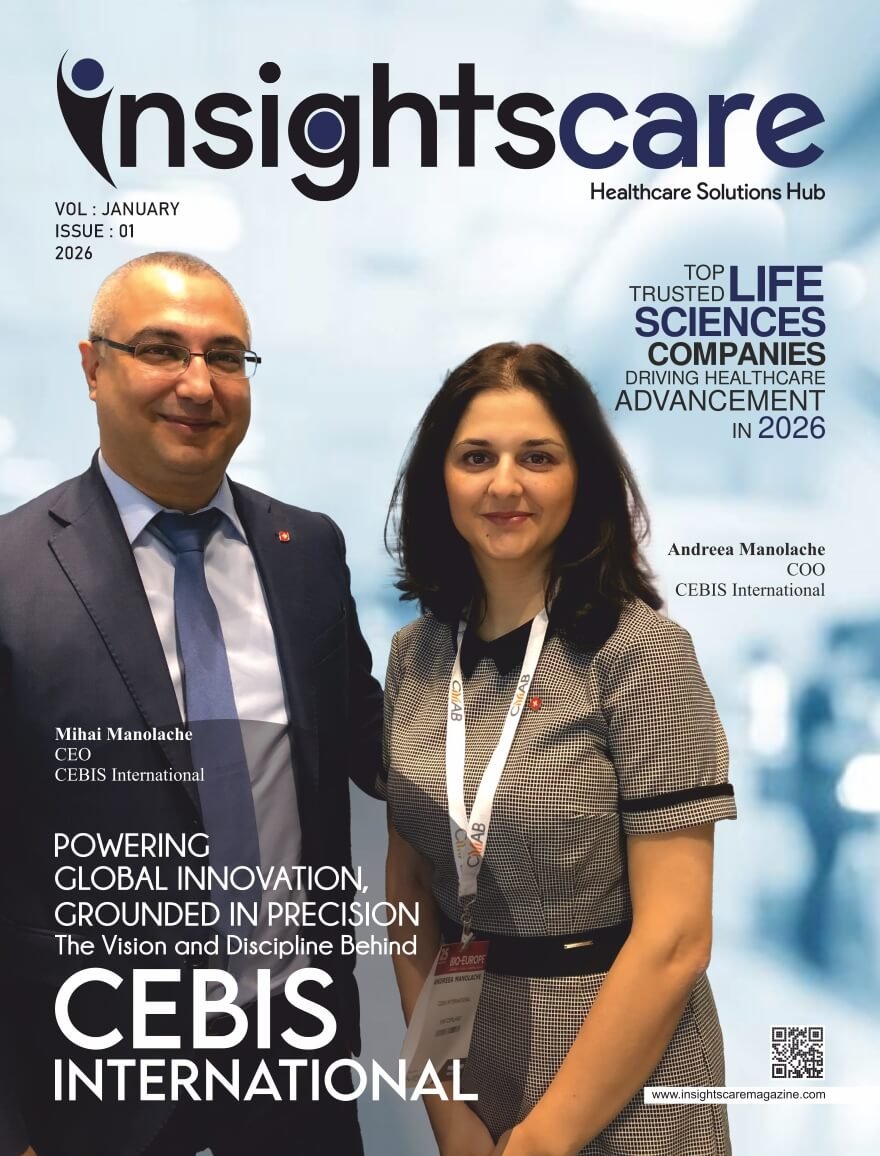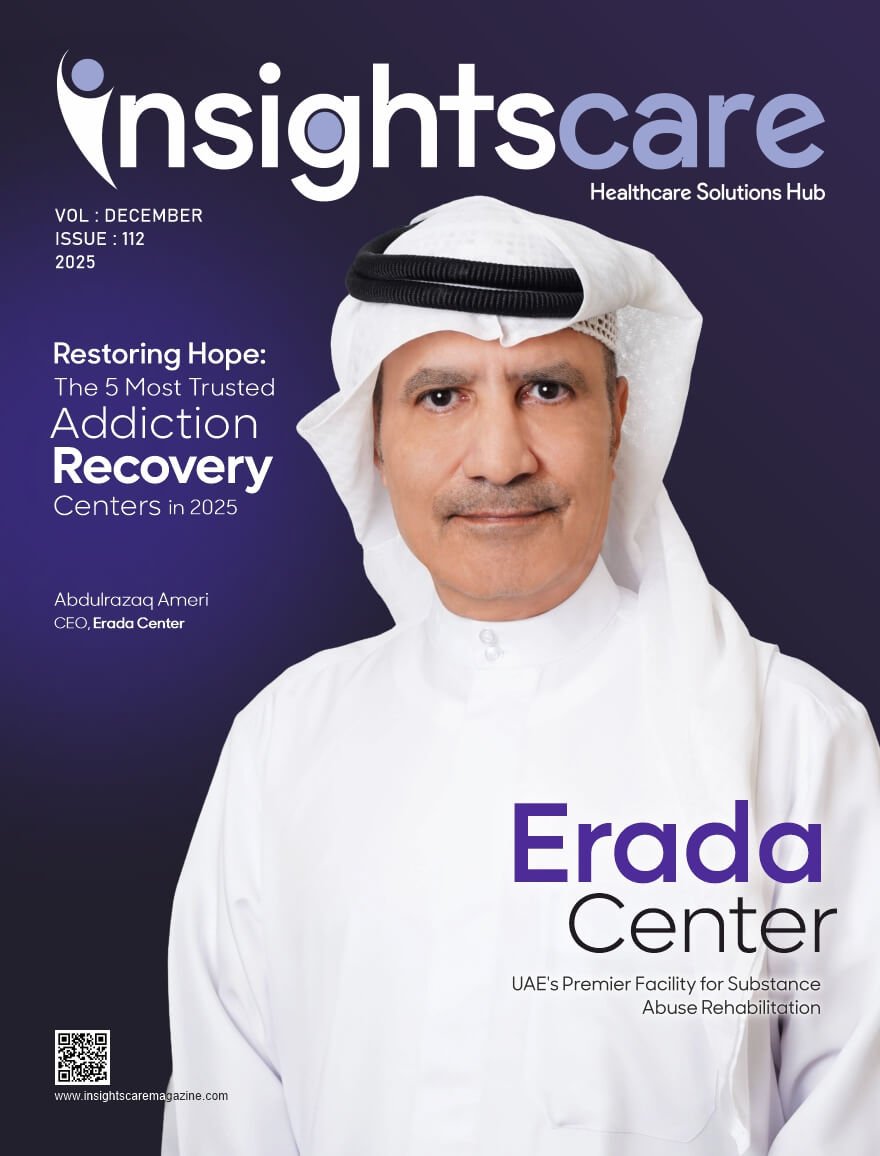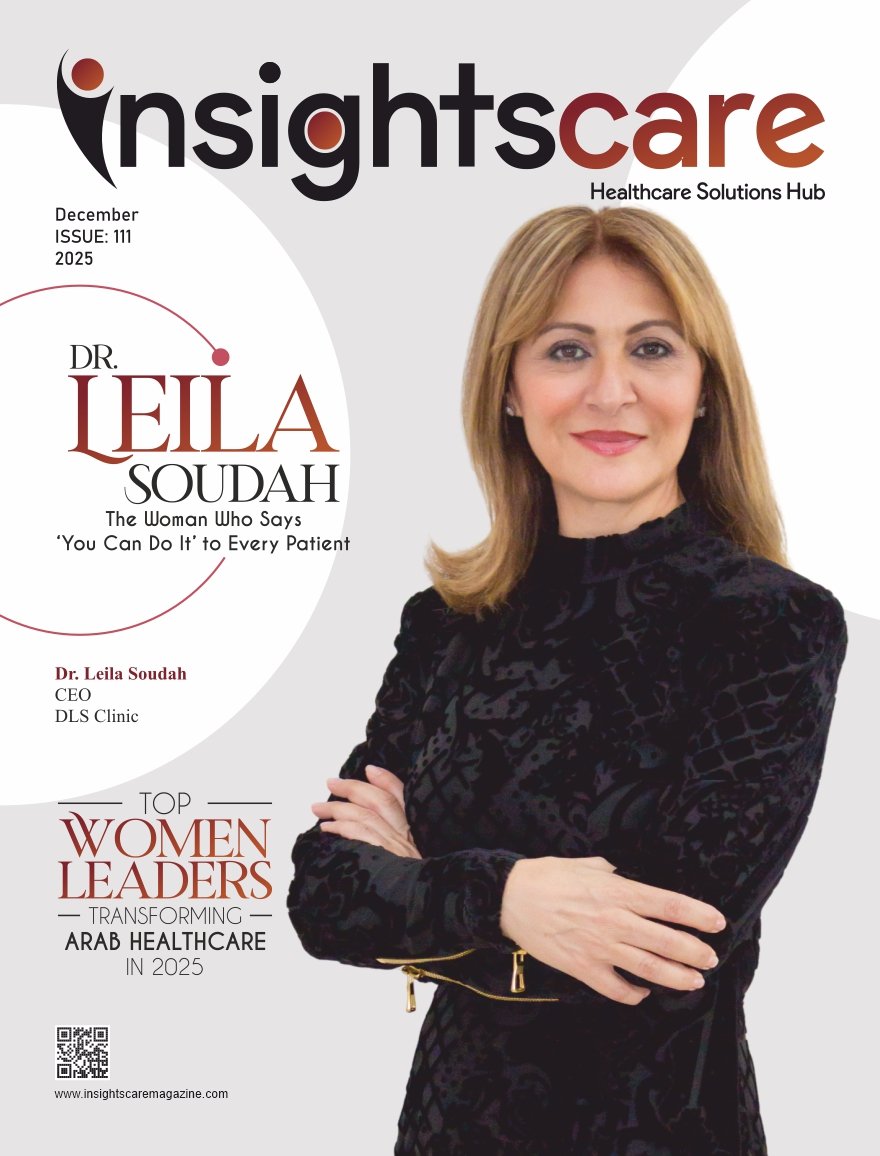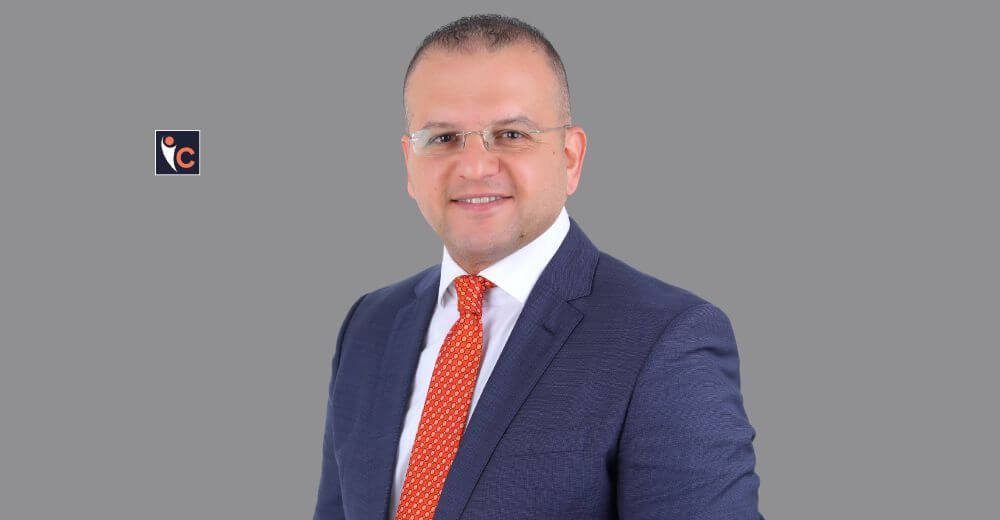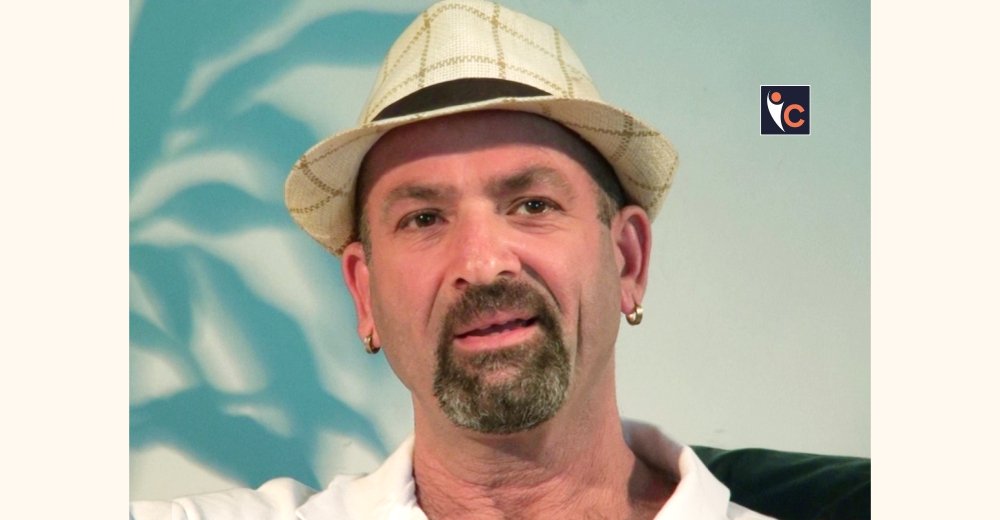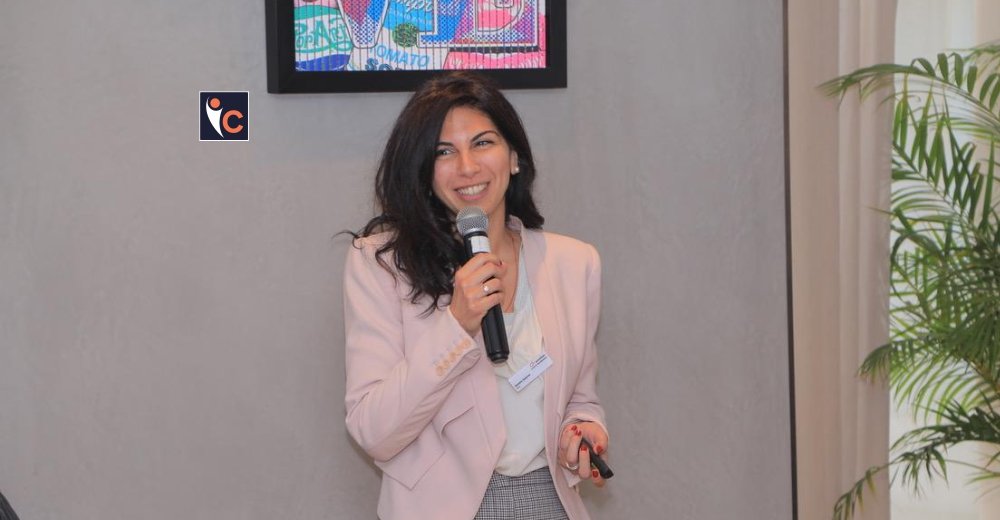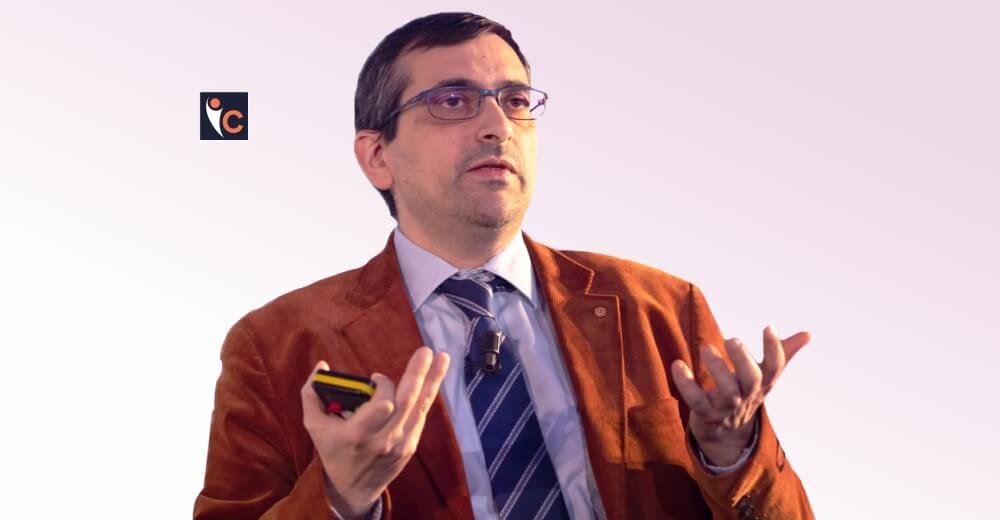Vision. Grit. Adaptability. Real leadership that drives change doesn’t always fit a job description, and it rarely follows a set plan. In the fast-changing healthcare sector across the Middle East, where every market has its own rules, these qualities aren’t just helpful; they’re essential. The leaders making a difference don’t wait for perfect conditions. They handle uncertainty, turn global ideas into local action, and push progress where it’s needed most.
Sherif Elhaw, Pharma Executive with 22 Years in Emerging Markets and Founder of INTENSO, is one of those leaders who make a real impact. Over his career, he’s launched key therapies, shaped strategies, and led major transformations when it mattered most. Now, he’s focused on empowering the next generation of healthcare leaders through INTENSO, a platform designed to build the skills, mindset, and confidence needed to lead with purpose.
After more than two decades working at the crossroads of business and patient care, Sherif Elhaw is reshaping the healthcare landscape in a region full of opportunity and challenges. His story isn’t just about today; it’s about preparing for what comes next.
Let’s delve into the interview details below!
Could you please introduce yourself and share a brief overview of your journey in the healthcare industry?
I am a pharmacist by training, holding an MBA from Strathclyde, certified as a PMP by PMI US, and a Six Sigma Black Belt. With over 22 years of experience in Sales, Marketing, Commercial Strategy, and Project Management roles, I have led launch excellence across 80+ countries, spearheading more than 400 product launches. I have driven workshops, developed planning tools, and managed performance tracking. I have partnered cross-functionally to accelerate market readiness, optimize brand investments, and implement affordability plans through advanced business and access models. I am particularly proud of leading a $1B launch for COVID-19 vaccines during the pandemic.
Recently, I launched my own platform, INTENSO, where I focus on career coaching for junior to mid-level managers aiming for career progression.
As per your experience as a leader to launch excellence across emerging markets, what are some of the unique challenges you face when bringing innovative healthcare solutions to the Middle East region?
The Middle East is a very diverse region, where each country has its own regulatory pathways, access dynamics, and go-to-market models. This is why customization and adaptability are crucial for business continuity and growth. While working on rare diseases and oncology products, I noticed a stronger push for acceleration by governments, especially in the GCC. Although reimbursement is improving, gaps in affordability remain, necessitating unconventional partnerships with governments to deliver innovative solutions. Managing cultural differences and localization, such as featuring real citizens in patient journeys, is also essential to operate effectively in this region.
How should pharma companies approach launch excellence to ensure new medicines and treatments reach patients efficiently and effectively in emerging markets?
Early planning is key to understanding local needs and adjusting global strategies to fit. It also helps develop better pricing and access models. We often faced challenges collecting local data, which is why involving local stakeholders early is so important, they help build strong cases for new drug launches. A good example was the early contracting of COVID-19 vaccines in the Gulf, which made it one of the most successful launches led by the Gulf Vaccines Business Unit. Another important point is involving charities and wealthy institutions to help with affordability, especially in markets where private insurance is limited.
The healthcare landscape in the Middle East is rapidly evolving. What key trends or shifts do you foresee shaping the future of healthcare in this region?
I see many countries beginning to shift their access models through HTA adoption, aligned with their national transformation visions, such as those in Saudi Arabia and the UAE. I expect AI-powered diagnostics to expand significantly in the coming years. Value-based agreements may also flourish, especially for chronic medications. The UAE has been investing heavily in genomics programs, and overall, there is a growing focus on advanced generations of oncology and rare disease drugs.
How important is collaboration between public and private sectors in advancing healthcare innovation in emerging markets, and how could pharma engage in such partnerships?
Through my work with many countries, I have realized that no single stakeholder can address a country’s complex healthcare needs amid economic challenges. That’s why strong partnerships are needed, focusing on infrastructure and education programs to close the gaps. Government reimbursement should be complemented by a robust private insurance presence and coverage. Collaboration on generating real-world data is also essential to provide a clear picture of the country’s healthcare landscape. Additionally, the private sector can play a vital role by expanding investments in local manufacturing initiatives to tackle pricing and production challenges.
What role does digital transformation and technology play in Pharma’s strategy for improving patient access and outcomes in emerging markets?
I’ve worked on vaccine apps that help track a patient’s doses and status. These tools raise patient awareness, provide useful data for analysis, and send reminders that improve medication adherence. I’ve also seen how e-learning platforms help us engage healthcare professionals more effectively. For vaccines, we used digital tracking to forecast demand more accurately. I believe digital tools will also play a big role in personalizing treatments in the future.
Finally, what advice would you give to aspiring healthcare leaders in the Middle East who aim to drive meaningful change in this dynamic sector?
As the founder of INTENSO and someone passionate about coaching aspiring pharma leaders, I always advise them to begin with a purpose and focus on making an impact on patients’ lives. Cross functional collaboration is not a luxury anymore; it is a success asset. Always focus on promoting key talents who show learning agility, adaptability, and possess a strong set of transferable skills so they can shine anywhere. Mastering AI will be essential to keep up with technological advancements and speed things up. The future of healthcare in the Middle East needs leaders who combine vision with execution and heart with strategy.

